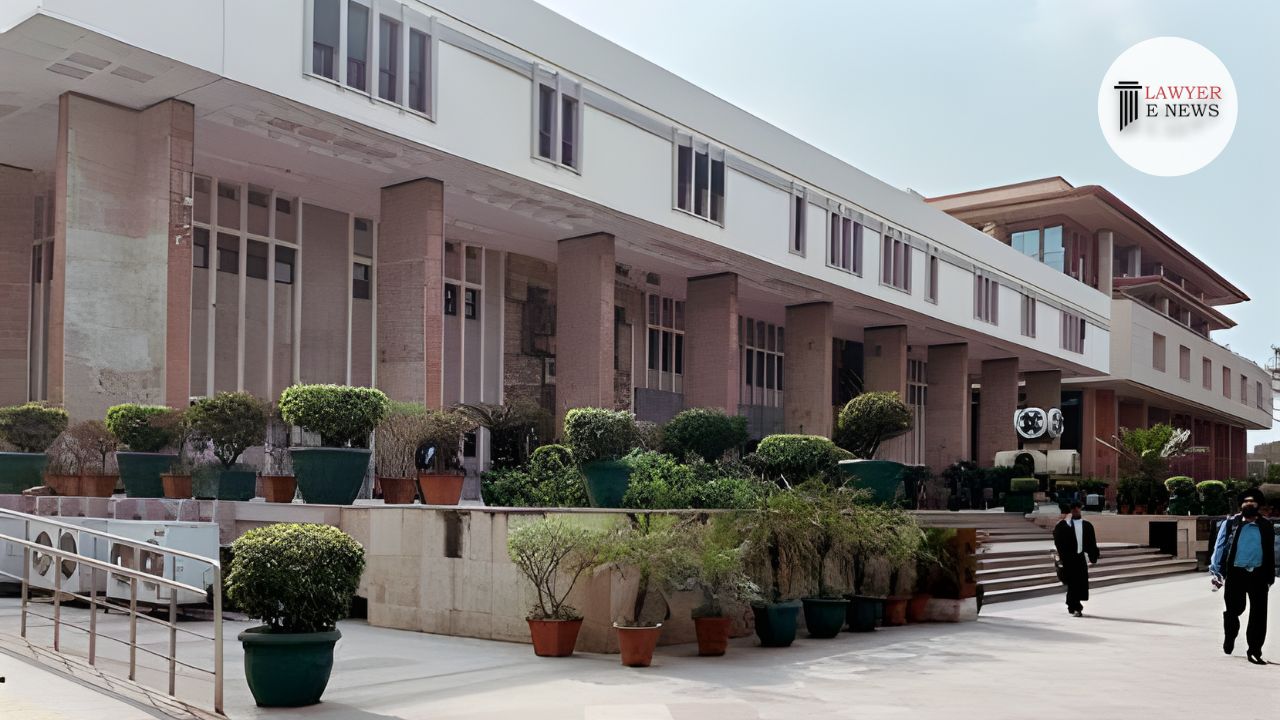-
by Admin
19 February 2026 3:14 PM



In a landmark ruling, the Delhi High Court, comprising Hon’ble Mr. Justice Suresh Kumar Kait and Hon'ble Ms. Justice Neena Bansal Krishna, has upheld a Family Court decree granting divorce on the grounds of cruelty. The decision, pronounced on December 20th, 2023, reflects a significant observation by the court that “mental cruelty must be of such a nature that the parties cannot reasonably be expected to live together.”
The case, involving appellant Ritu Sethi and respondent Vivek Sethi, revolved around numerous allegations of cruelty made by the husband, which led to the grant of divorce by the Family Court. Upholding this decision, the High Court meticulously dissected the evidence presented, highlighting the severe mental trauma and distress faced by the respondent due to the actions of his wife.
Justice Neena Bansal Krishna, in her judgement, emphasized the gravity of mental cruelty in matrimonial cases. She stated, "It is a matter to be determined in each case having regard to the facts and circumstances of that case." The court observed that the cumulative behavior of the appellant, including false criminal allegations, abusive conduct, and disrespect towards the respondent's family, constituted mental cruelty under Section 13(1)(ia) of the Hindu Marriage Act, 1955.
One of the pivotal points in the case was the filing of false criminal cases against the respondent and his family. The court noted that such actions, especially when proven to be baseless, can have a debilitating impact on the mental well-being of the spouse, thus amounting to cruelty.
Additionally, the court took serious note of the appellant's withdrawal from mutual consent for divorce, after initially agreeing to it. This act was seen as further contributing to the respondent's mental agony and was deemed a form of cruelty.
The High Court, in its judgement, also referred to several landmark Supreme Court cases to substantiate its decision. The judgement is seen as a reinforcement of the legal understanding of mental cruelty in matrimonial relationships and sets a precedent for future cases.
The case was represented by senior advocate Mr. Raman Kapur and Mr. Varun Kapur for the appellant, and Mr. Amarjit Singh Bedi & Mr. Varun Chandiok for the respondent.
This decision is expected to have a significant impact on how courts interpret mental cruelty in matrimonial disputes, providing a clearer framework for future judgements.
Date of Decision:20th December, 2023
RITU SETHI VS VIVEK SETHI
